Applications of Aluminized Mylar Film
Aluminized Mylar film, a high-barrier, metalized material, is bonded to various substrates to enhance protection against moisture, gases, and odors. It is predominantly employed in packaging to preserve the integrity and freshness of products. The film's aluminized surface reflects light and heat, offering an ideal solution for UV-sensitive items.
Diverse sectors, including food and beverage, pharmaceuticals, electronics, and textiles, rely on Aluminized Mylar film for its distinctive attributes. It is chosen for its capacity to prolong the shelf life of perishables by defending against environmental factors that cause degradation. Its light weight also contributes to reduced packaging costs and improved transportability.
The efficacy of Aluminized Mylar film stems from its structure and composition. Typically, it consists of a polyester base, an aluminum coating, and a transparent protective layer. This trio of materials forms a resilient yet pliable shield against external elements, ensuring the packaged product's quality. The aluminum coating reflects heat and light, while the outer layer prevents physical damage and contamination.
Varieties of Aluminized Mylar Film Applications
Aluminized Mylar film is utilized in a broad spectrum of industry applications. In food packaging, it serves as a barrier to extend the shelf life of items such as coffee and tea. Its reflective quality is also exploited in horticultural grow rooms to amplify plant light exposure. Furthermore, the film is integral to insulation systems, where it effectively retains heat.
Additional uses include solar ovens, where the film concentrates sunlight for cooking, and in emergency blankets and tents, where it reflects body heat to provide warmth. In construction, it acts as a radiant barrier to minimize heat transfer through walls and ceilings. In the realm of electronics, it shields sensitive components from electromagnetic interference. The film also plays a role in industrial settings, such as vacuum deposition or as a guard against corrosion.
Selecting Aluminized Mylar Film Applications
Choosing the appropriate Aluminized Mylar Film application demands careful evaluation of various factors, particularly for businesses engaging in B2B transactions on Alibaba.com. Key considerations include:
-
Thermal Resistance: Assess the necessary degree of heat resistance, considering the film's exposure to temperatures, which it can withstand up to 300°C (572°F).
-
Reflectivity: The required reflectivity level varies by application. High reflectivity is crucial for survival gear like space blankets, while moderate reflectivity may suffice for industrial insulation or packaging.
-
Thickness and Durability: Film thickness influences both durability and environmental suitability, with thicker films offering greater strength but potentially higher costs.
-
Flexibility vs Rigidity: Decide between a flexible or rigid film based on the product design into which it will be integrated.
-
Additional Features: Certain applications may necessitate extra properties such as anti-static capabilities or UV resistance, which can be vital depending on the film's usage environment.
About Aluminized Mylar Film Applications on Alibaba.com
Aluminized Mylar film's versatility makes it a sought-after material across industries, with a wide range available on Alibaba.com from global suppliers. It is prized for its barrier efficacy against moisture and oxygen, as well as its insulating qualities that aid in temperature control and preservation of perishables.
Alibaba.com provides a plethora of options in terms of thickness, dimensions, and features to meet diverse business needs. The platform's advanced filters allow for precise selection based on material composition, whether pure aluminum or a PET blend, and other criteria such as fire resistance or sustainability.
Procuring Aluminized Mylar film via Alibaba.com offers assurance through services like Trade Assurance, which secures payments until delivery confirmation. The platform's extensive reach guarantees access to premium materials, regardless of your business's location, with efficient and prompt delivery.
Common FAQs for Aluminized Mylar Film Applications
What is the primary industrial use of aluminized Mylar film?
Aluminized Mylar film is employed in industry for various purposes, including as protective covers for machinery, insulation in production facilities, and as a barrier against electromagnetic interference for electronic devices.
How does aluminization enhance Mylar film's industrial performance?
The aluminization process imparts a reflective surface that not only increases heat reflection but also bolsters the film's durability and barrier capabilities, making it an optimal choice for demanding applications.
Is aluminized Mylar film suitable for high-temperature settings?
Aluminized Mylar film's exceptional thermal resistance renders it apt for high-temperature environments, where it excels in heat shielding and insulation tasks.
Does aluminized Mylar film align with eco-friendly practices?
Being 100% recyclable, aluminized Mylar film is considered environmentally friendly. Its insulating properties also contribute to reduced energy consumption.
What adhesives are compatible with aluminized Mylar film in manufacturing?
Aluminized Mylar film can be bonded with a variety of adhesives, though it is crucial to select one that is compatible with both the aluminized surface and the bonding material.
Can aluminized Mylar film be tailored for specific uses?
Customization of aluminized Mylar film is possible, allowing adjustments in size, thickness, and functional properties to suit unique industrial needs.
How does aluminized Mylar film differ from regular Mylar film?
The aluminum coating on aluminized Mylar film provides additional insulation and reflects radiant heat more effectively than standard Mylar film, enhancing temperature maintenance.
What considerations are important when choosing between aluminized and regular Mylar film?
When deciding between aluminized and regular Mylar film, evaluate the application's demands for flexibility, durability, and thermal resistance. Aluminized Mylar film offers greater rigidity and superior heat resistance.

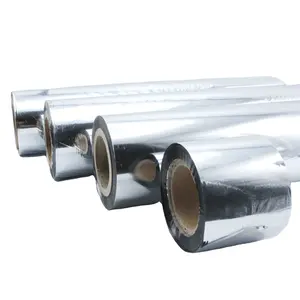


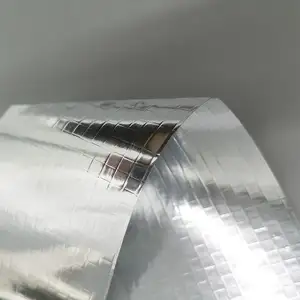

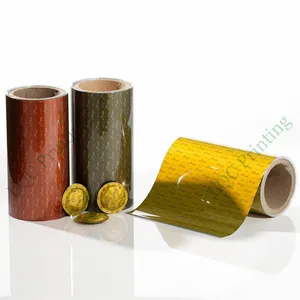




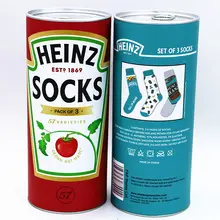

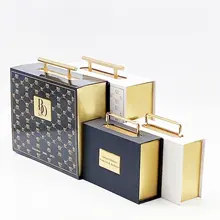
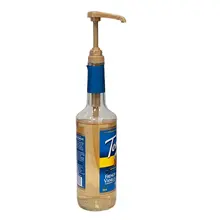



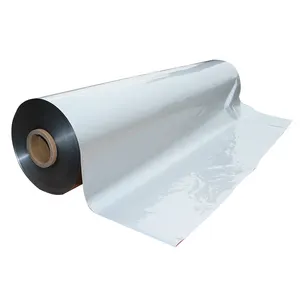






















 浙公网安备 33010002000092号
浙公网安备 33010002000092号 浙B2-20120091-4
浙B2-20120091-4